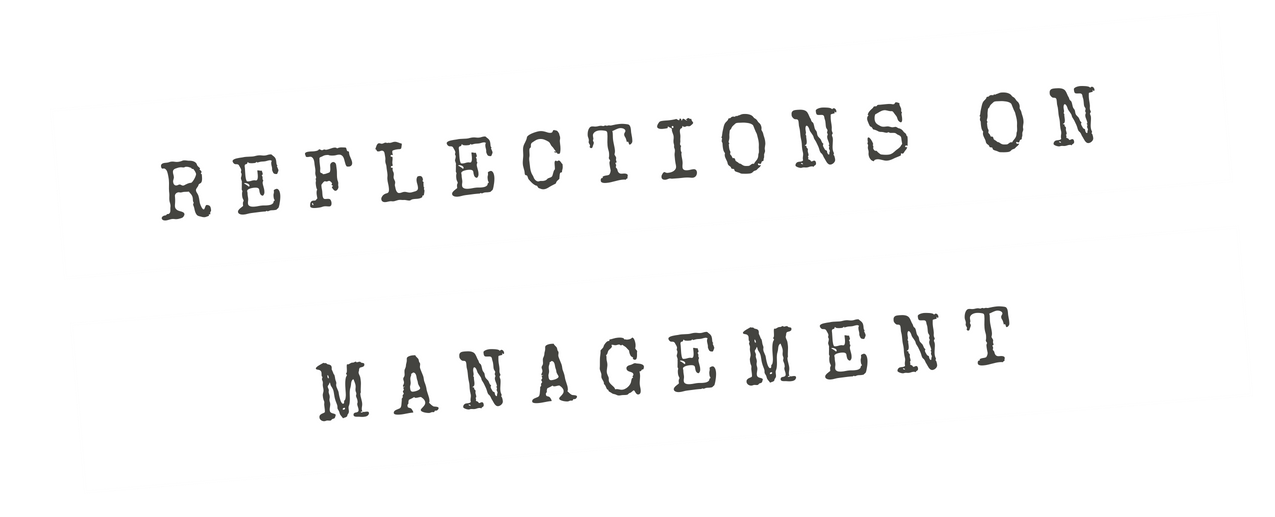If you can show that the change effort is the best explanation in a rational sense, then it actually helps with [mitigating the effects of] emotional claims of failure
Season 3, Episode 9
Did a change effort succeed or fail? Most change efforts never achieve their original goals, but is that really “failure”? Opponents of the effort certainly like to think so, and claims of failure are really easy to make, even in instances where the change demonstrably succeeded. Empty claims of success don’t always help, either, and they rarely quiet the critics. So, if determining true success or failure is important, and it certainly seems to be, then how do we measure it? Or is ‘measuring’ even the right idea?
Earlier in this podcast, I discussed some concepts from my experience in artificial intelligence, and one that is particularly applicable here is abductive reasoning. This is a way of asking if something is the best explanation why something else occurred. Best explanation may mean A caused B, or it may mean that A possibly caused B but there is a possibility it did not.
Over time in my work in organizational change, I developed a test based on abductive reasoning to help cut through the rhetoric of success and failure in change and ask whether or not there it is plausible that the change effort contributed to outcomes seen. In other words, is A the best explanation for B? I call this the plausibility test, and has three components:
- Does the change effort explain the effects perceived?
- Does the absence of the campaign means that the effects would likely not have been perceived?
- No other actor or factor in the environment better explains the effects?
So how can one use this? Listen and find out!
Related Reflections on Management Episodes:
Episode 1-6. Is there really nothing so practical as a good theory?


